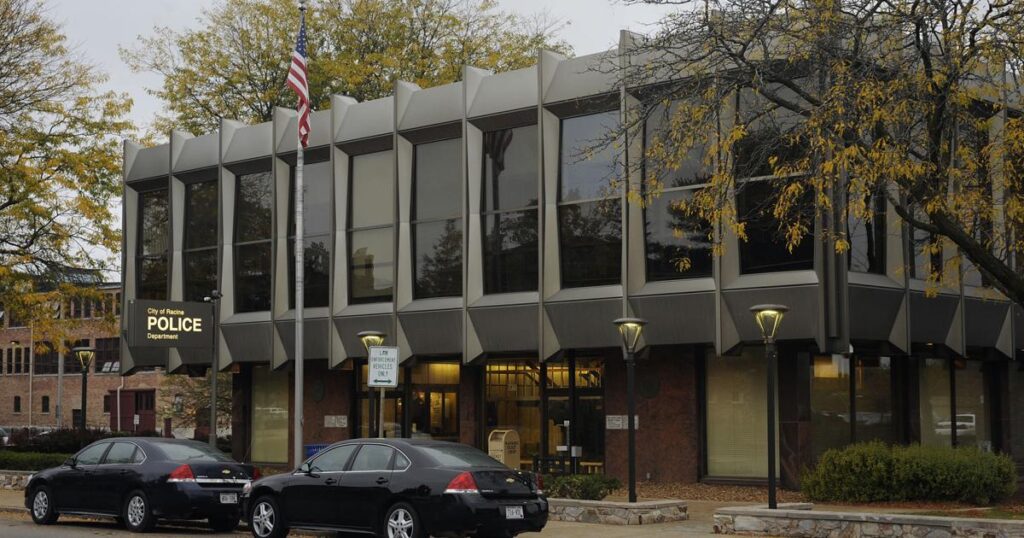RACINE — The Racine Police Department is applying for two grants from the U.S. Department of Justice aimed at officer mental health and gang diversion.
The Racine Common Council approved a resolution authorizing RPD to apply for the grant at its April 15 meeting as part of its consent agenda.
The Law Enforcement Mental Health Act grant will provide RPD with $122,888.26 to pay for mental and emotional health services for RPD officers and their families.
RPD Investigator Jody Spiegelhoff said the LEMHWA Act was signed in 2018 and recognizes that law enforcement must take into account the mental and emotional health of officers as well as their physical health. .
Spiegelhoff, who also serves as coordinator of RPD's peer support team, said that if RPD wins the LEMHWA grant, the department will use it to provide RPD's peer support team, chaplains and counselors with information on law enforcement mental health. Additional training will be provided.
Others are also reading…
Elizabeth Willman, a licensed professional counselor with RPD, said the Peer Support Team is a group of RPD officers who are trained in mental health and can recognize if a fellow officer is experiencing difficulties. said.
Spiegelhoff said peer support members receiving additional training will benefit all RPD officers.
“It's not just about coming back better trained, it's about coming back here and doing that to help our colleagues better understand how trauma can affect anyone. It's also about sharing things with colleagues,” Spiegelhoff said.
He said RPD will use LEMHWA funding to expand RPD's law enforcement resource library, host family wellness fairs and provide mental health support to smaller police departments in surrounding areas. .
The Gang Cooperation Grant will provide $63,400 to RPD for the Youth Reentry Program and Gang Diversion Program with Safe Haven of Racine Inc. and the Racine Vocational Department.
RPD Chief Alex Ramirez said the department applies for continued funding for the program each year.
The program teaches life skills to people returning to society after completing their sentences and to at-risk youth.
“We teach them leadership, we teach them interpersonal skills, we teach them communication skills, we give them a high school diploma if they don't have one, and we try to break the cycle of violence and crime that they've fallen into.” Ramirez says. He said.
After RPD applies for the grant, it will be notified by the end of the fiscal year whether it will receive the grant from the Department of Justice, Ramirez said.


